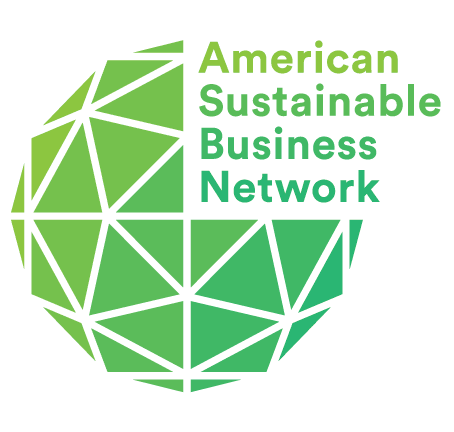Redlining designed structural racism into cities like Trenton, NJ. The legacy of racist policy is still felt in inequities in housing, wealth, education, health and the built environment. But without a broad understanding of how we got here, these same outcomes fuel perceptions that serve to reproduce inequity.
Breaking this cycle has required demystifying this history and bringing the tools of design, engagement and popular education to bear. designing the We has been engaged in this work on the ground in Trenton neighborhoods and with key stakeholders at all levels. How can a deeply participatory process open the door to re-framing, re-designing and re-investing in a future of shared prosperity?
This forum will be hosted by MaryAnne Howland, Chair of ASBC’s Race & Equity Working Group and Braden Crooks, co-founder of designing the We.
Braden Crooks is a founding partner at Designing the We, a social impact design studio operating in community-driven social and economic development. The dtW team designs programs, policies and enterprises that grow local communities and global networks dealing with deep crises, from the history of Redlining to the future of work.



